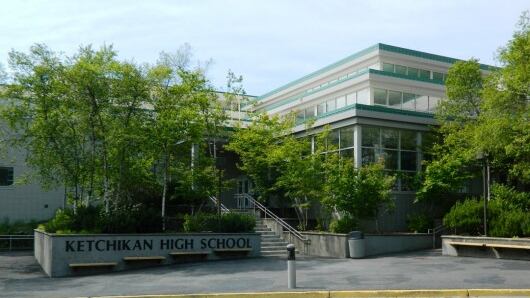Identities
https://www.kgbsd.org/khs
‘Racist’ Western Outfits at Basketball Game Against Native Team Spark Furor
‘EMOTIONALLY VIOLENT’
“It was just really, really bad,” one parent said of the students’ “country” attire for a game against a Native American reservation in Alaska.





